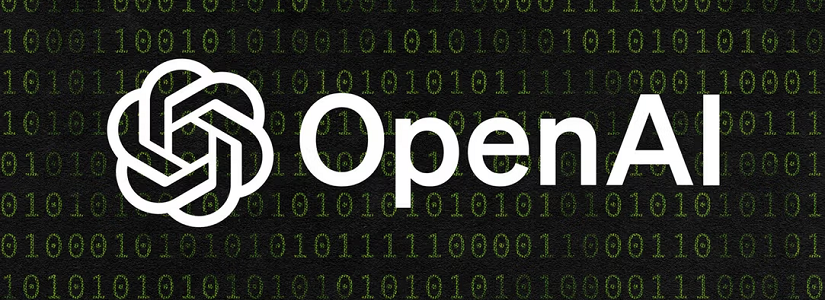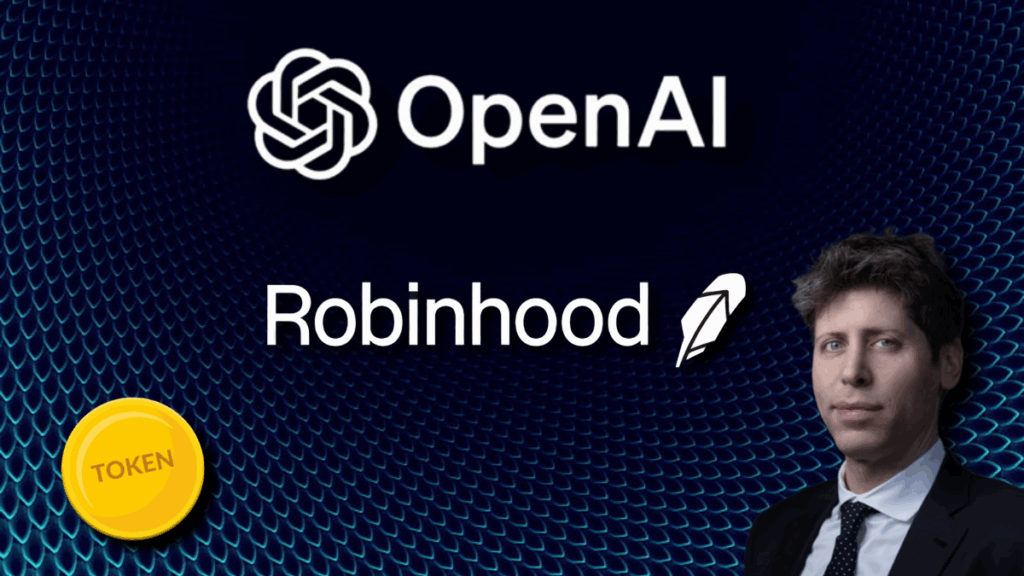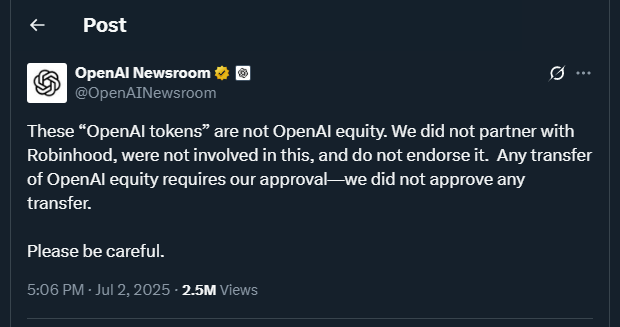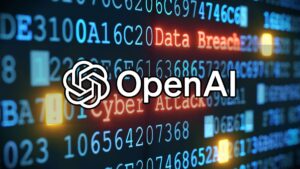TL;DR
- OpenAI has firmly rejected Robinhood’s offering of blockchain-based tokens representing its equity, calling them unauthorized and misleading.
- Despite OpenAI’s disapproval, Robinhood is pushing forward with its tokenized assets strategy in Europe, where regulation is more flexible.
- The incident reveals rising friction between tech firms and DeFi-aligned platforms as tokenization reshapes access to private markets.
Robinhood’s decision to launch tokenized versions of shares in companies like OpenAI and SpaceX has drawn sharp criticism from the AI firm. OpenAI stated that it had no involvement in the initiative and did not authorize the use of its name in connection with any on-chain financial product. The statement was published on X, where the company clarified that these tokens do not represent legal ownership of OpenAI shares.
Elon Musk added fuel to the dispute, calling the so-called OpenAI equity “fake.” Though Musk didn’t directly address the Robinhood product, his comments reinforced skepticism over the legitimacy of these instruments. Meanwhile, Robinhood defended the move, saying these stock tokens are derivatives tied to the real-time value of underlying companies—meant to give retail investors alternative exposure without full ownership.
The tokens are being offered to European users through Robinhood’s crypto platform, using a structure based on special purpose vehicles and issued under looser EU regulatory frameworks. A promotional giveaway for these tokens is underway, ending July 7. Users who register and trade before the deadline receive an initial balance of tokenized shares valued at five euros.
Tokenized Assets Gain Traction Despite Corporate Pushback
Despite opposition from companies like OpenAI, tokenization is accelerating. Other platforms like Republic have launched similar offerings, with tokens pegged to private company valuations, albeit without voting rights. These efforts reflect a broader push within blockchain finance to bridge the gap between traditional equity and decentralized infrastructure.

Robinhood CEO Vlad Tenev referred to this shift as part of a growing “tokenization revolution.” He claimed the product is about expanding access to private tech firms that are normally off-limits to everyday investors. Though critics warn of legal ambiguity, Tenev and his supporters argue that the innovation lies in access and transparency, not in mimicking traditional shareholder models.
US users are currently excluded from participating due to stricter regulatory restrictions. However, the European rollout signals growing momentum behind tokenized assets, even as large firms like OpenAI reject the concept when done without their consent. The next phase of the debate may hinge on how regulators interpret these evolving financial instruments and whether formal collaboration becomes necessary.











